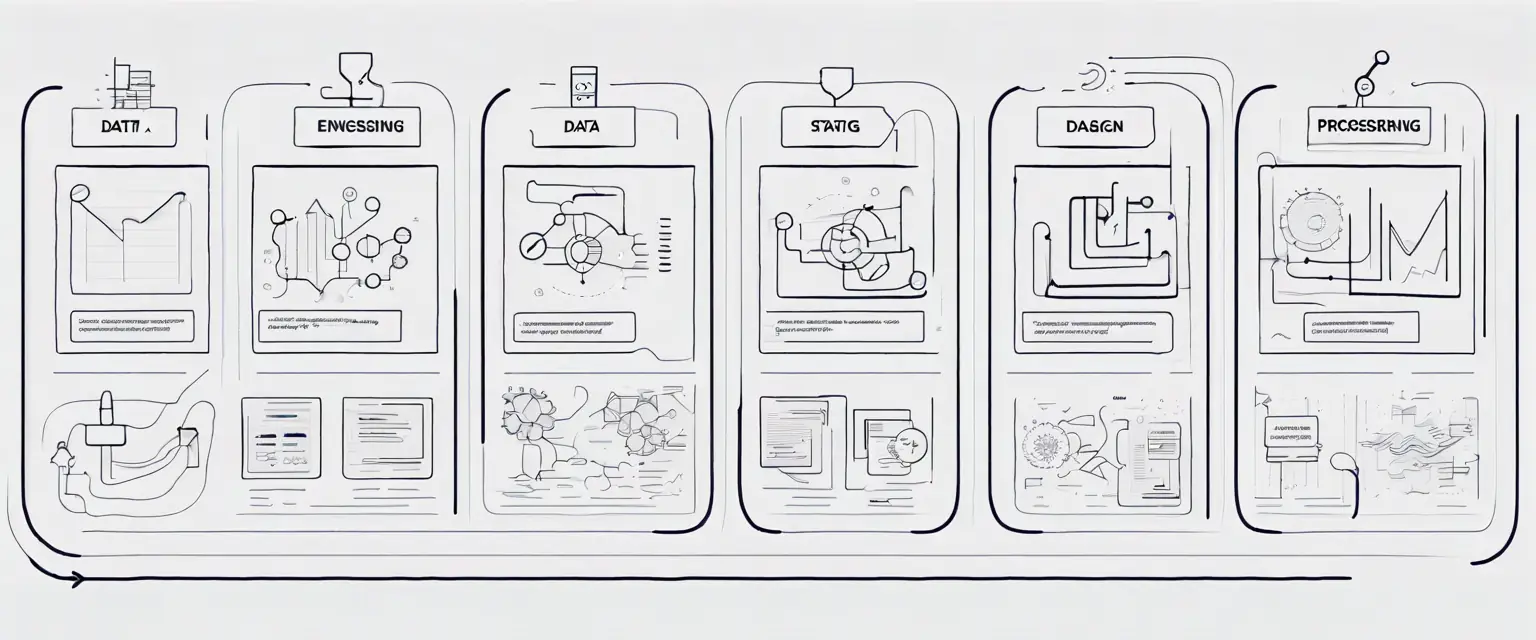Mobile application development has become a cornerstone of modern business strategy, with more users relying on mobile devices for their daily activities. To create successful mobile applications, developers must adhere to best practices that enhance user experience and functionality. One of the key practices is to prioritize user-centric design, ensuring that the application is intuitive and easy to navigate. This approach not only improves user satisfaction but also increases retention rates.
Another important aspect of mobile app development is performance optimization. Applications must be responsive and fast, as users expect seamless interactions. Developers should focus on minimizing load times and optimizing resource usage to provide a smooth experience. Additionally, regular testing and updates are essential to identify and fix any issues that may arise, ensuring that the app remains functional and relevant.
Finally, security should be a top priority throughout the development process. With increasing concerns about data privacy, developers must implement robust security measures to protect user information. This includes encryption, secure authentication, and regular security audits. By following these best practices, businesses can develop mobile applications that not only meet user needs but also stand out in a competitive market.



